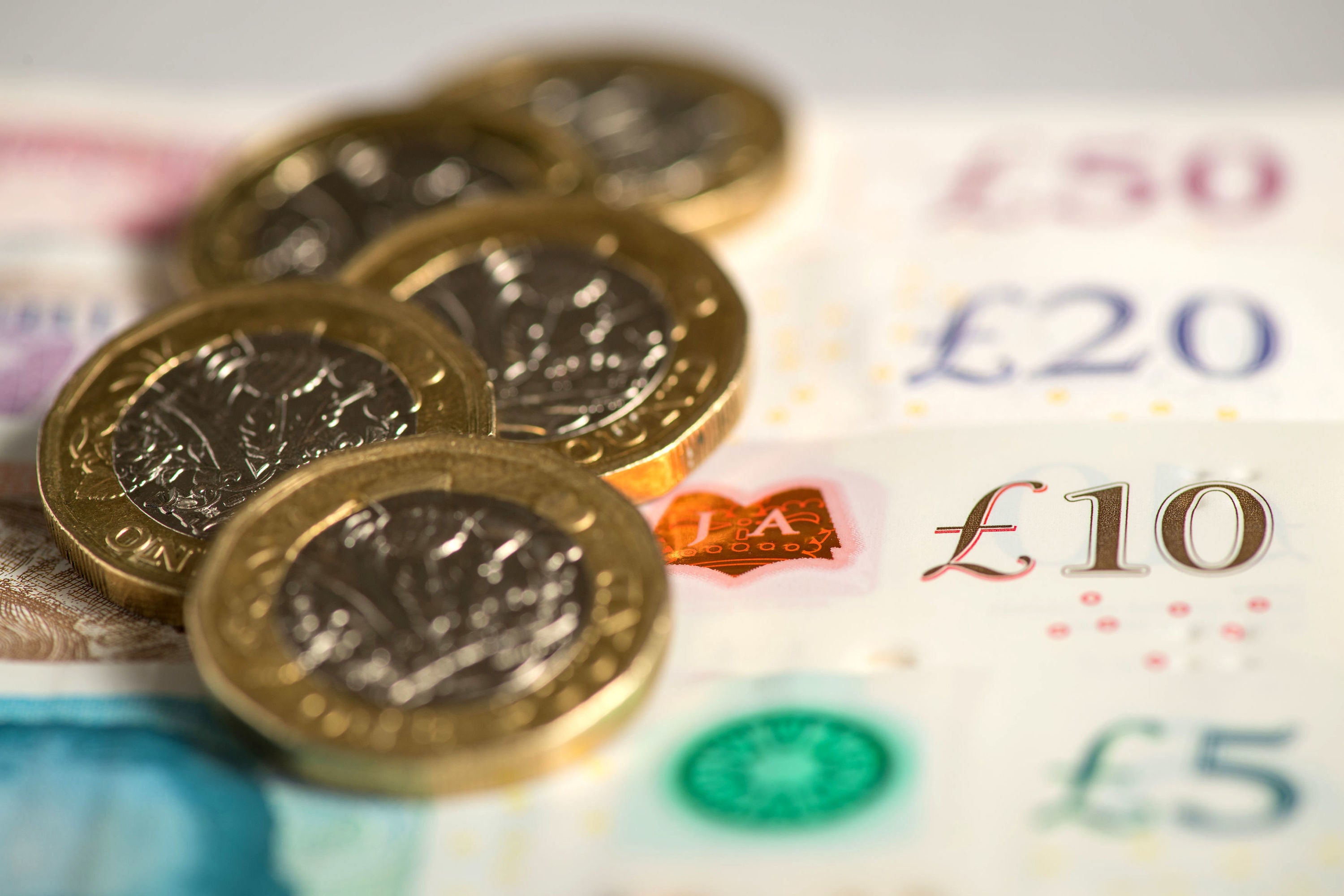Government pays out £62m to cover fraudulent loans, officials reveal
Banks have identified £850 million that they believe to have been paid out to fraudsters but this is expected to rise significantly.

Banks have found that £850 million was borrowed by fraudsters from a Government-backed loan scheme that was launched during the pandemic.
The British Business Bank said that while estimates of fraud range into the billions, the lenders administering the scheme have now confirmed hundreds of millions of pounds were defrauded.
Ultimately, the taxpayer will have to pick up the bill for any companies that do not pay back the loans that they took. The Government has repaid banks £62 million for the fraudulent loans so far.
Some of these will be companies that went out of business but others will be loans to fraudsters.
Speaking to MPs, Patrick Magee, the BBB’s chief commercial officer, said the latest estimate of the amount of fraud in the £47 billion Bounce Back Loan Scheme is now 7.5%, or less than £4 billion.
“That’s the estimate of fraud, what we have in the book now is reports from the lenders of suspected fraud, where they have greater evidence around that. One’s a sampling estimate and one’s actual evidence,” he told the Treasury Select Committee.
“That figure is now £850 million, or 1.7% of the book. I fully expect that that number will go up, whether that goes all the way to 7.5%, that’s how we’ll measure the effectiveness,” he said.
He added that the Government has paid out £62 million to banks for loans that are suspected to be fraud.
Under the scheme, companies could borrow up to £50,000 from normal banks. To encourage the banks to get money out, the Government promised to cover any loans that were not paid back.
So far, banks have claimed £1.9 billion from the scheme and about £350 million of that has been paid out.
Treasury director general public spending Cat Little said that the officials expect to claw back £7 billion from several different Government programmes.
“We’ve invested another £700 million into tackling fraud. These are quite top-down rough numbers – but we estimate that the return on that will generate more than £7 billion in additional returns over the next five years,” she told MPs.
In all, around £17 billion is estimated to never be paid back to lenders in the Bounce Back Loan Scheme. This cost will fall on Government, but the estimate is still very uncertain.
The loans were paid out in record speed in order to ensure that companies could keep going during lockdown.
“The very strong feedback from the banks was that particularly for businesses with no history of borrowing … it’s not possible in those circumstances for a bank to do all of its normal checks quickly,” said Treasury permanent secretary Tom Scholar.
“There was a very widespread fear that if millions of businesses which had been closed by the coronavirus restrictions on top of that were unable to access any finance for two to three weeks, they would go bankrupt, with devastating consequences for the economy.”
Bookmark popover
Removed from bookmarks